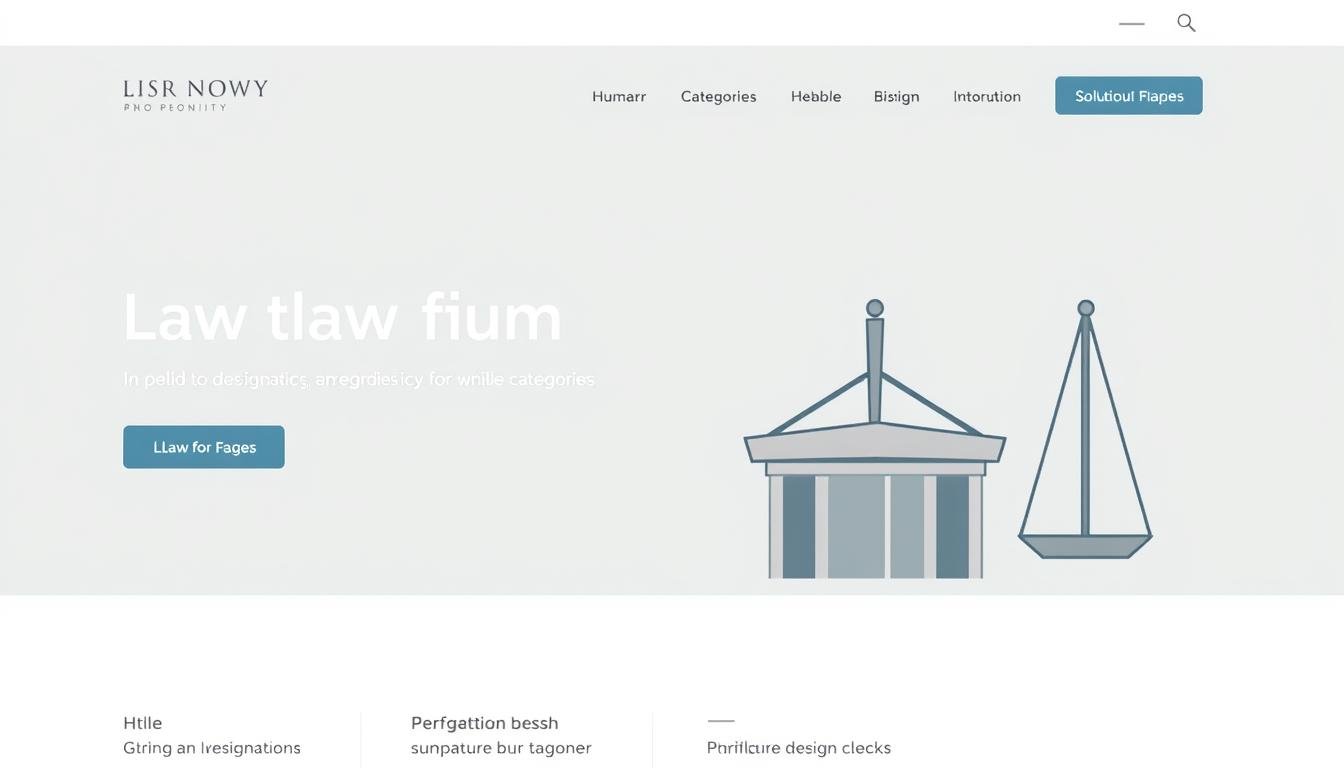Did you know 43% of solo attorneys don’t have a website? This shows a big problem in the legal world—transparency in pricing. At Law Webber, we believe legal fee transparency is key. It’s not just good practice; it’s what clients expect.
Many people get upset over surprise charges. Over 85% of Americans have faced unexpected fees, says Consumer Reports. This has led to a call for clear billing that shows what you’re paying for.
This article will dive into the world of legal pricing. We’ll look at different pricing models and why being open is so important. By pushing for clear billing, we can build trust in our legal dealings.
Key Takeaways
- Understanding various legal pricing structures is vital for informed decision-making.
- Transparency in billing fosters stronger client relationships.
- Ethical billing practices can mitigate frustrations related to hidden fees.
- State laws are increasingly promoting fee transparency across the U.S.
- Clients should proactively review bills to identify potential errors.
- Negotiating fees upfront can lead to clearer expectations.
Understanding Legal Pricing Structures
The legal world has different pricing models that affect law firms and clients. It’s key for law firm owners to keep costs predictable and make clients happy. Clients now want to know how much legal services cost upfront.
This change means lawyers need to use new models that are clear and fair.
Hourly Rates vs. Flat Fees
Hourly rates are common in law. But, they can make it hard for clients to know the total cost. Flat fees, on the other hand, are clear. Clients know exactly what they’ll pay for certain services.
This makes budgeting easier. The choice between hourly rates and flat fees changes how clients see and value legal services.
Contingency Fees Explained
Contingency fees are a good option for clients. They pay only if the lawyer wins their case. This way, clients save money upfront.
It makes legal help more affordable. This shows a shift towards pricing based on results, making clients happier with their legal help.
Factors Influencing Legal Costs
Many things affect legal costs. How complex the case is, the lawyer’s experience, and where they are all matter. Surveys show 70% of law firms want to improve with pricing solutions.
Knowing these factors helps clients make better choices. Using different pricing models can also build trust with lawyers.

The Importance of Transparency in Legal Services
Transparency is key to strong relationships between law firms and clients. In today’s world, where costs and client expectations are high, being open is crucial. It brings many benefits.
Building Client Trust
Clear billing practices build trust in legal services. Law firms that explain their client-focused pricing and fee reasons create a trustworthy environment. With 87% of law firms seeing clients as more business-savvy, open talks are vital.
Avoiding Legal Surprises
Being transparent helps avoid unexpected legal fees. By talking about possible extra costs and expected fees, firms boost client happiness. About 62% of law firms now focus on financial clarity, leading to better client relations.
Enhancing Client Satisfaction
When clients know about fees and services, they feel in control. This leads to higher satisfaction and loyalty. Using clear communication and legal pricing tools helps. Firms investing in these tools show their commitment to openness.

| Statistics | Details |
|---|---|
| Price Increases | 30% of law firms have increased prices beyond standard rates. |
| Adaptation to Competition | 62% have reduced prices to control costs amid competition. |
| Client Expectations | 87% believe clients expect justification for rates and value for services. |
| Investment in Solutions | 72% of law firms plan to invest in legal pricing solutions in two years. |
| Financial Transparency | 62% implemented better practices to enhance client relationship. |
Tools for Assessing Legal Pricing Transparency
At Law Webber, we understand how important it is to know legal costs. The right tools help clients understand legal expenses better. Here are key resources for clear legal pricing information.
Online Legal Price Estimators
Online price estimators are great for getting a first look at legal fees. They offer estimated costs for different legal services. This helps clients plan their budgets and have clear expectations.
Using these tools leads to better talks with lawyers. It makes the process more open and informed.
Client Reviews and Testimonials
What others say about pricing is key when choosing a law firm. Reviews and testimonials give a peek into past clients’ experiences. They show if prices are fair and services are good.
Looking at these reviews helps people make better choices. It gives them confidence in their decision.
Direct Communication with Law Firms
Talking directly to law firms is essential for clear pricing info. Clients should ask about fees, extra costs, and how bills are handled. This conversation builds trust and ensures clients get info that fits their needs.
| Tool | Description | Benefits |
|---|---|---|
| Online Price Estimators | Interactive tools to predict legal fees | Sets financial expectations; promotes informed decisions |
| Client Reviews | Feedback from previous clients | Offers insights into service quality and pricing |
| Direct Communication | Engagement with representatives from law firms | Clarifies pricing structures; fosters transparency |
Strategies for Advocating Transparency in Legal Pricing
We think that making legal pricing clear starts with taking action and spreading the word. Clients should ask for detailed billing statements that show every cost clearly. This openness is key; unclear terms confuse, but clear ones build trust.
Requesting Detailed Billing Statements
Also, talking about legal fees before work begins is key. A detailed cost discussion can prevent future confusion. It makes sure clients know what they’re paying for. Starting these talks early helps everyone work together better.
Negotiating Fees Upfront
Lastly, we should push for laws that make pricing clear. For example, California’s “Hidden Fee Statute” (SB 478) helps set fair billing standards. Using these methods protects our interests and helps make the legal world more open for all.






